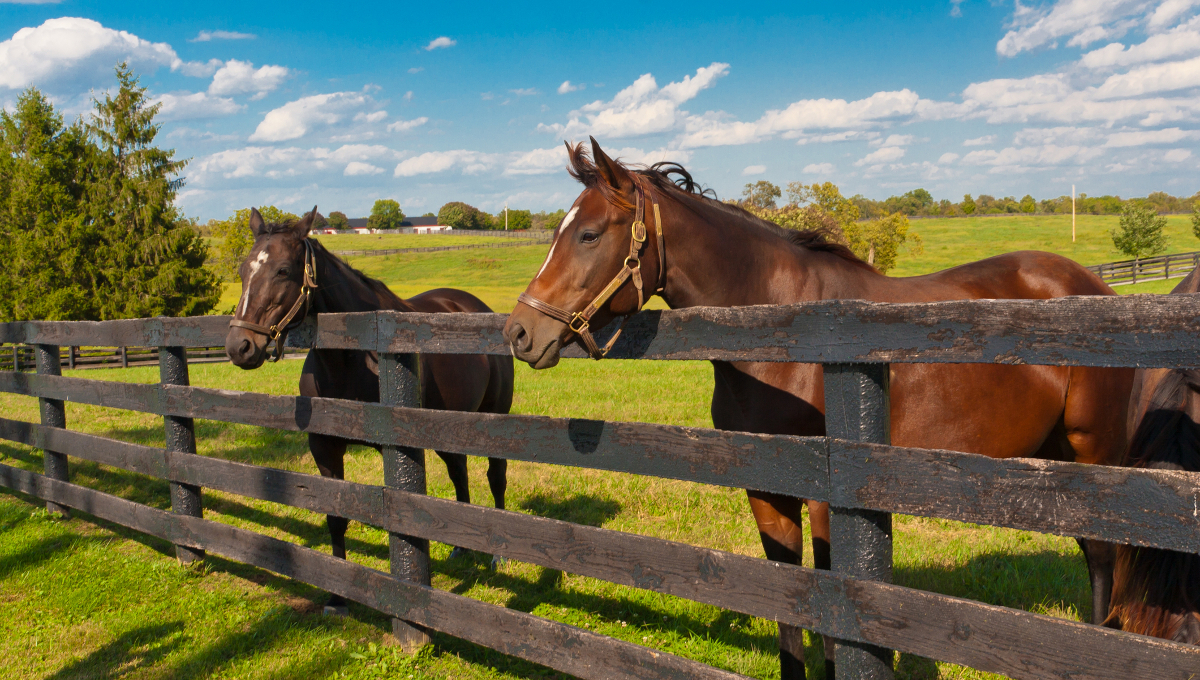
The tragic death of 14-year-old Miller Gardner, the son of former New York Yankees outfielder Brett Gardner, highlights the critical need for food safety awareness while traveling abroad. Authorities are investigating whether foodborne illness or a related complication caused the teen’s death.Miller Gardner, son offormer New York Yankeesoutfielder Brett Gardner, ispictured in an image sharedby the team.
(X/New YorkYankees @Yankees)Miller was found dead in his bed Friday morning, March 21, at the Arenas Del Mar Resort in Manuel Antonio, Costa Rica, after he and family members fell ill following a meal at a nearby restaurant, according to ABC News. Initial reports from Costa Rica’s Judicial Investigative Agency suggested asphyxia because of “food intoxication” — a term commonly used to describe foodborne illness — but a preliminary autopsy ruled out airway obstruction, leaving the cause unclear. Investigators are now exploring whether an allergic reaction to medication administered by a resort doctor could be to blame, though no definitive link to contaminated food has been confirmed.

Food safety risks while traveling abroadThe Centers for Disease Control and Prevention estimates that foodborne illnesses claim 3,000 lives annually in the U.S., while the World Health Organization pegs the global toll at 420,000.
Travel amplifies these risks, particularly in regions where sanitation standards differ from those in the United States.Dr. Valerie Scott, a family physician with Roper St.
Francis Physician Partners in Charleston, told WCIV, a local television station in Charleston, South Carolina, United States, affiliated with MyNetworkTV and ABC: “When you’re traveling overseas, especially in the developing world, you need to be really cautious about the foods. The people that live there are more accustomed to all the bacteria that surround them, so they’re able to eat at street vendors.”Some notable food poisoning cases among travelersWhile the investigation into Miller’s death continues, recent cases of serious foodborne illness among travelers highlight the risks of contaminated food abroad.
In June 2019, Joseph and Cynthia Calnan, an American couple from Kentucky, died in Fiji after consuming contaminated food or drink at the Warwick Fiji Resort; the Fiji Ministry of Health confirmed foodborne illness as the cause after they suffered vomiting and diarrhea. Seven guests fell ill, but only the Calnans, aged 77 and 78, succumbed.In 2023, the CDC tracked Listeria infections tied to unpasteurized cheese, like queso fresco, in Mexico, a known risk for travelers; a 2021 outbreak sickened 13 across four states, with cases often linked to travel, and such risks persisted into 2023.
These incidents highlight the stakes of food safety abroad, where even resort dining or local delicacies can harbor deadly pathogens.Ongoing investigationThe resort, which dispatched a medical team including a licensed doctor, noted that its protocol “does not allow for hotel staff to provide any medications to guests,” Brett Gardner, alongside his wife, Jessica, said on March 23, describing their son as having “a spark in his eyes, an outgoing and feisty personality, and a warm and loving nature.”The New York Yankeesshared a statement on thepassing of Miller Gardner onX.
(X/New York Yankees@Yankees)The investigation continues, with toxicology results possibly months away. Scott also emphasized the importance of food preparation, telling WCIV, “You do have to prepare foods to the recommended temperature and you need to not leave them out for prolonged periods of time,” emphasizing prevention.The Yankees said in a statement on March 23: “We grieve with Brett, Jessica, Hunter, and their community of family and friends in mourning the loss of Miller.
”(To sign up for a free subscription to Food Safety News, click here.).














